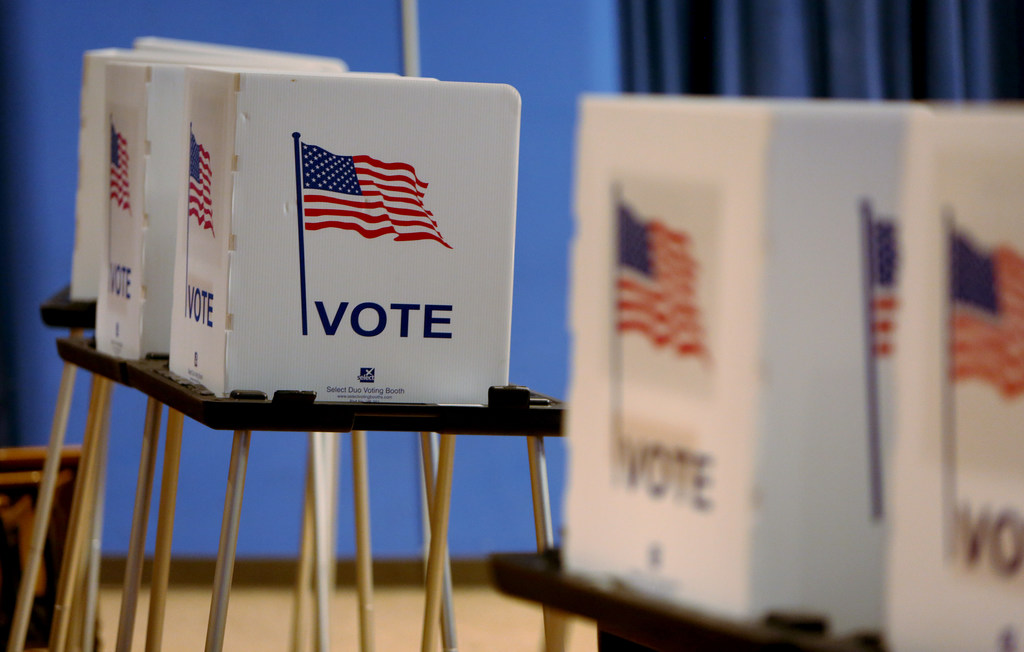Western U.S. District Judge James Peterson signalled he would rule in favor of allowing voters with disabilities to obtain assistance in casting absentee ballots.
Peterson is presiding over a lawsuit that seeks to force the Wisconsin Elections Commission to issue guidance to clerks to allow disabled voters assistance in voting. He said provisions in the federal Voting Rights Act and the Americans ...
Please log in to access subscriber content.
If you don't have a subscription, please contact schmies@wispolitics.com for subscription options on the WisPolitics-State Affairs platform, which is the new home for WisPolitics subscriber products.


